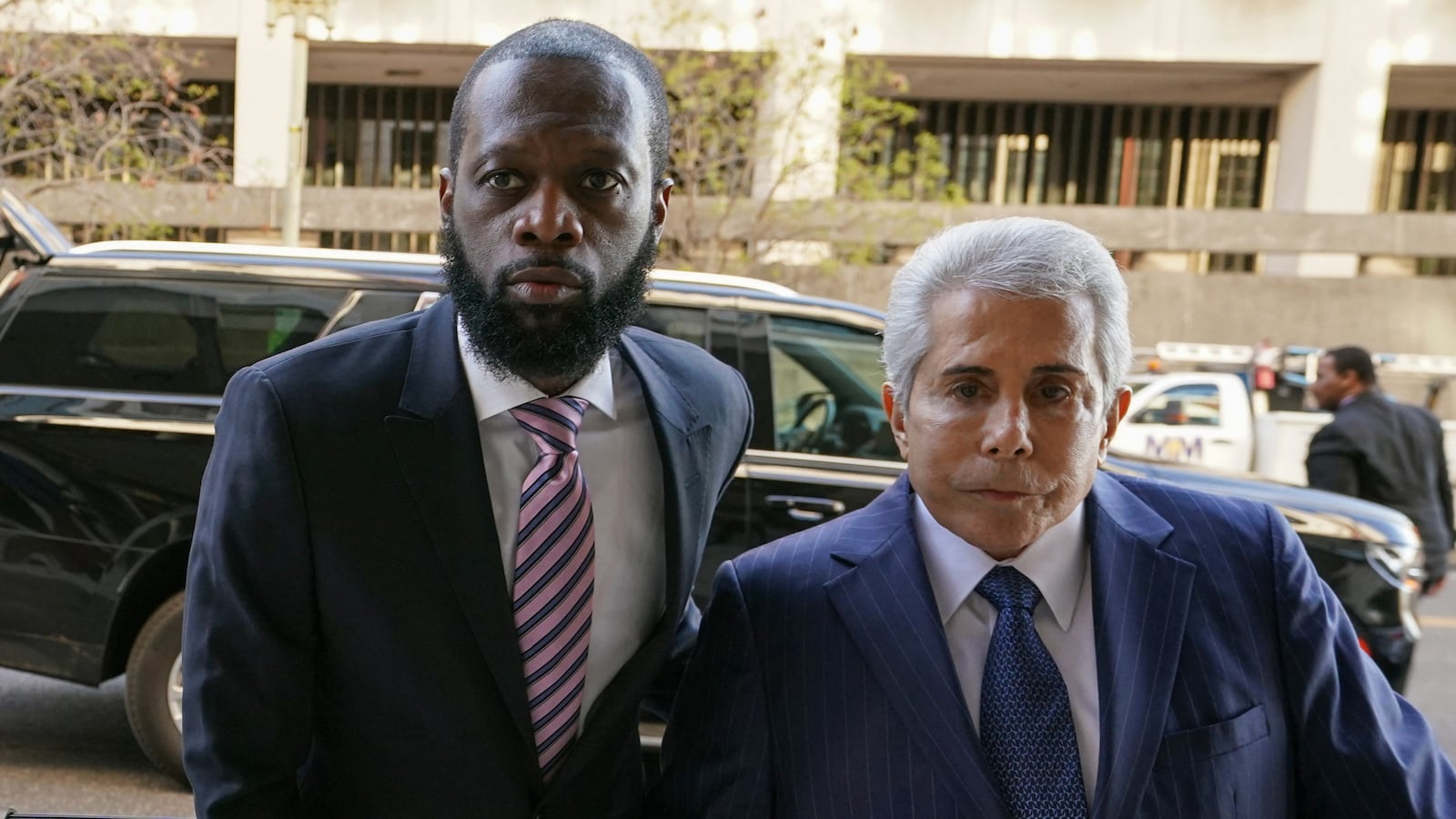Star lawyer David Kenner—known for representing hip-hop artists Snoop Dogg and Suge Knight—is accused of making several giant lapses during the conviction of his latest major client.
In a motion for a new trial filed on Monday evening, new attorneys for Fugees rapper Pras Michel blasted Kenner as unprepared and unscrupulous. Among their most startling allegations: that Kenner used an “experimental” artificial intelligence program to help draft his closing argument in the trial. They said the program didn’t even perform its job well.
Later, the new defense team claimed, they became aware that Kenner had “a financial interest in the AI program.” He even offered a quote for a press release promoting the new technology, saying, “This is an absolute game changer for complex litigation...The system turned hours or days of legal work into seconds. This is a look into the future of how cases will be conducted.” (An executive at the company, EyeLevel, said these assertions were false, telling The Daily Beast in a statement: “Neither Kenner Law nor its associates have a financial stake in EyeLevel as claimed in the filing. They were happy with our AI’s capabilities and provided a quote for a press release.”)
Michel was convicted in the spring on 10 counts, including for “orchestrating an unregistered, back-channel campaign” to try to persuade the Trump administration to drop an inquiry into a Malaysian businessman, Jho Low, who was accused of perpetrating a massive fraud scheme. Michel was also accused of working with Low on improper political contributions and lying to the Federal Election Commission about it.
His attorneys now assert that, because of Kenner’s allegedly poor representation, he “never had a chance.”

Pras Michel listens as his attorney David Kenner talks to reporters outside U.S. federal court after Michel was convicted on criminal charges that he conspired with a Malaysian financier to orchestrate a series of foreign lobbying campaigns aimed at influencing the U.S. government, in Washington on April 26, 2023.
Nathan Howard/ReutersIn addition to the AI debacle, they claim that Kenner was unfamiliar with crucial elements of the law. “Two weeks before the trial,” they wrote in Monday’s filing, “a member of Kenner’s trial team was so alarmed by the state of Kenner’s preparations and understanding of the case that he asked a law school classmate, a trial attorney in Miami, if he would fly to Los Angeles to help.” The lawyer was apparently taken aback when Kenner “asked him to explain the money laundering statute to him.”
The new lawyers—who have an interest in making Michel’s former attorney appear unfit—also claim they asked for access to discovery materials, but that Kenner told them to contact an e-discovery vendor directly about some of the items. The company declined, the motion said, “because its bills for work performed at Mr. Kenner’s request remain unpaid.”
Reached by phone by The Daily Beast, Kenner declined to comment.
Kenner has been in hot water since earlier this year, when prosecutors accused him of violating a court-imposed protective order by sharing discovery materials with Bloomberg.
The outlet later published a set of articles on Michel’s case; in fact, a photo in one of the stories was emblazoned with a “a grand jury exhibit sticker that matches the copy provided to the defense in discovery.”
Furious, the prosecutors argued that Kenner—who had been “reminded” about the protective order “sixteen times”—was trying to bias the jury pool by selectively leaking advantageous information.






